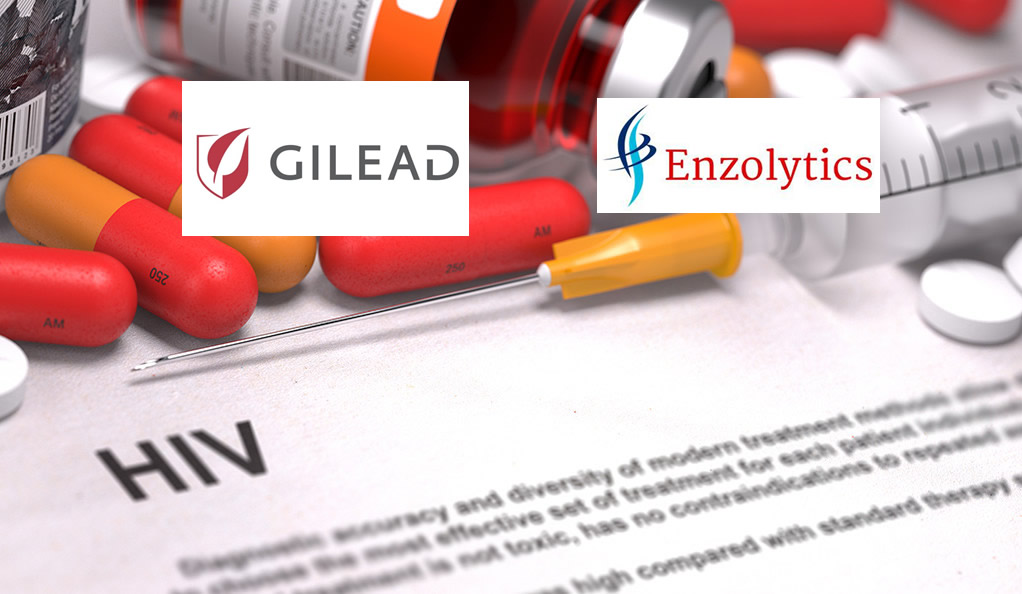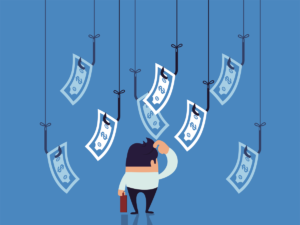
The cocktail of drugs given to HIV patients has been dominated by Gilead Sciences (GILD) for over a decade. They are the undisputed leader with a strong majority of the global market share and 11 HIV drugs which include names you have heard on prime time TV commercials like Biktarvy®, Descovy®, and Truvada®.
Gilead had close to $17.0 billion in annual sales in its HIV franchise which represents close to 70% of its annual sales. On the surface, GILD looks like the undisputed champion of HIV drugs, but the reality is that its HIV pipeline is stale, old, and lacks any innovation.
A new challenger is stepping into the ring with an HIV treatment that not only controls the disease but also boosts the immune system, something none of the HIV drugs can claim. Enzolytics (ENZC) HIV therapy is called ITV-1, which has a solid safety profile and demonstrated efficacy in HIV.
The biggest issue with HIV therapy has historically been patient compliance. HIV Patients have to adhere to a strict regimen of drugs—otherwise, they develop drug resistance. Gilead’s latest drug, Biktarvy(r), is a once-a-day tablet that is a combination of 4 drugs, Bictegravir, Emtricitabine, Alafenamide, and Tenofovir. In summary, it’s a bunch of old drugs concentrated into one easy-to-take tablet.
In the past decade, much of the innovation in HIV has focused on simply improving patient compliance by making the therapy easier to take by reducing the number of pills a patient needs to take, and by combining different antivirals together to increase efficacy. When a patient forgets to adhere to their antiviral regimen, they are at risk as the virus can then rebound and the patient is put at risk that the highly-mutating HIV might find a way around the antivirals. So to keep patient compliance high is to keep efficacy high, and it doesn’t get simpler than one-pill-a-day. But now, new innovation is needed.
The shift in focus has turned to improving the quality of life and trying to eliminate many of the side effects of the antiviral pills sold by Gilead and other big pharma. Many HIV patients suffer from headaches, nausea, vomiting, rashes, and fatigue, and many of these side effects are the direct result of the toxic antiviral pills. The pills even contribute to vitamin D deficiency. Even though the current drug regimens keep the disease in check, they don’t improve the quality of life because HIV patients are still exposed to opportunistic infections and horrible side effects. This is where ENZC’s drug can steal the spotlight from GILD.
Gilead Dominates with HIV
Though Gilead has attempted to break into other markets, the bulk of Gilead’s profits still come from HIV. The company has made the right moves in recent years, attempting to diversify its revenue stream away from mostly HIV. Originally, its acquisition of Pharmasset for treatment of HCV was wildly successful, but the treatment was so efficacious that it cured HCV and Gilead ate away its own market share, which once peaked at over $19 billion (2015) in revenues for Gilead, but now sits at a quarterly run rate equivalent to $2 billion a year. Remdesivir sold almost $1.5 billion this quarter, but as vaccines roll out and other companies come out with better antivirals that can be given before patients need to go to the hospital, COVID-19 revenues will likely dwindle. So for now, Gilead is still heavily dependent on HIV, and Enzolytics is threatening the cornerstone of its business.





